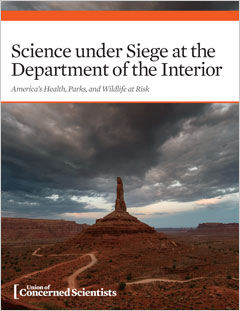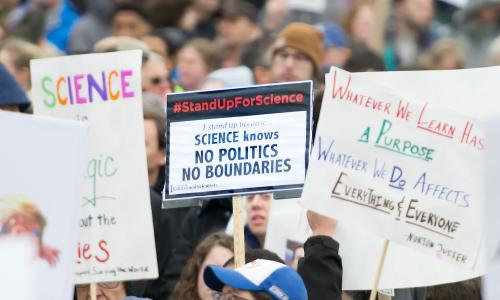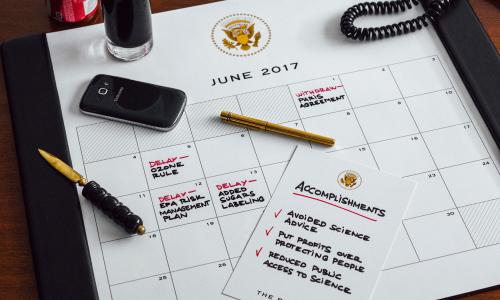During the first two years of the Trump administration, Secretary Ryan Zinke and his political team have unleashed constant—and ongoing—attacks on science, from sidelining the work of the agency's own scientists to systematically refusing to acknowledge or act on climate change. These actions have far-reaching and serious implications for our health, the environment, and the future of our public lands.
Science under Siege at the Department of the Interior reviews nearly two years of actions by the DOI under Secretary Zinke and identifies the most damaging and egregious examples of anti-science policies and practices.
Systematically suppressing science
Secretary Zinke’s DOI has stifled politically inconvenient research, undermined science-based rules and regulations, and consistently put the interests of coal, gas, and oil companies ahead of public health. Some of the more glaring examples include:
- Cancelling a scientific study evaluating the health effects of mountaintop-removal coal mining
- Stopping research designed to improve safety at offshore drilling sites
- Mandating that scientific grants be reviewed by a political appointee with no science background
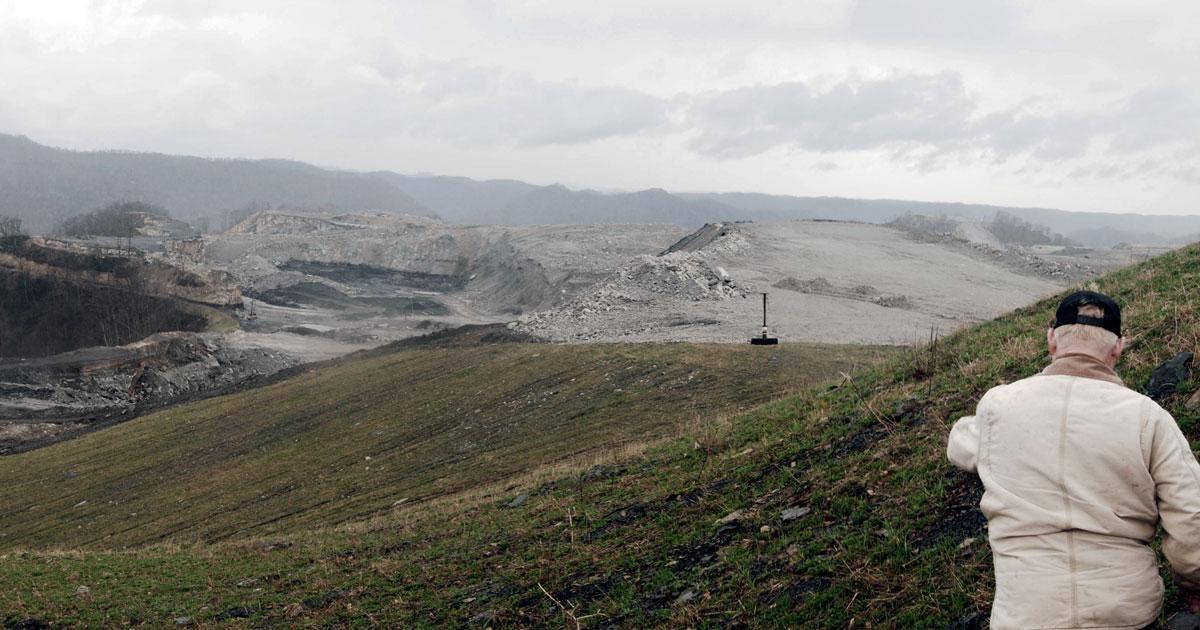
Failing to acknowledge or act on climate change
Secretary Zinke has systematically ignored, sidelined, and blocked efforts to research, communicate about, or respond to climate change. At the same time, he has actively promoted policies that run counter to what science shows is the most important step the nation must take to address global warming and prevent its most catastrophic impacts: a massive and rapid reduction in our use of fossil fuels.
This deliberate sidelining of climate science has taken several forms:
- Refusing to acknowledge reality by striking climate change from the agency’s strategic vision and rescinding policies that factor climate change into future planning
- Covering up bad news by delaying and burying reports dealing with climate impacts and censoring established science in press releases
- Moving backwards by taking actions that are almost certain to increase global warming emissions and fossil fuel extraction on public lands
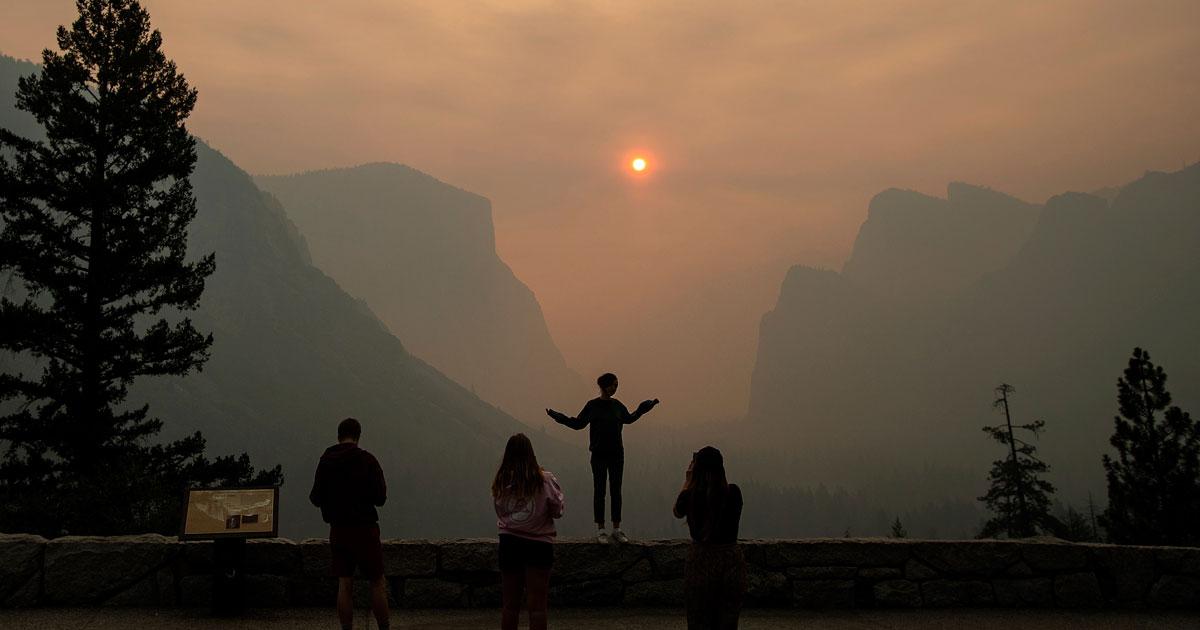
Silencing and intimidating agency scientists and staff
Under Secretary Zinke, not only is science a target but so too are the scientists and staff who carry out the department’s crucial work.
Many recent policies restrict the ability of DOI scientists and other staffers to fulfill the department’s mission, while other actions contribute to a hostile work environment. These include:
- Freezing out advice from science advisory committees
- Restricting DOI scientists from communicating about their work
- Removing, reassigning, and intimidating scientists and other DOI staff
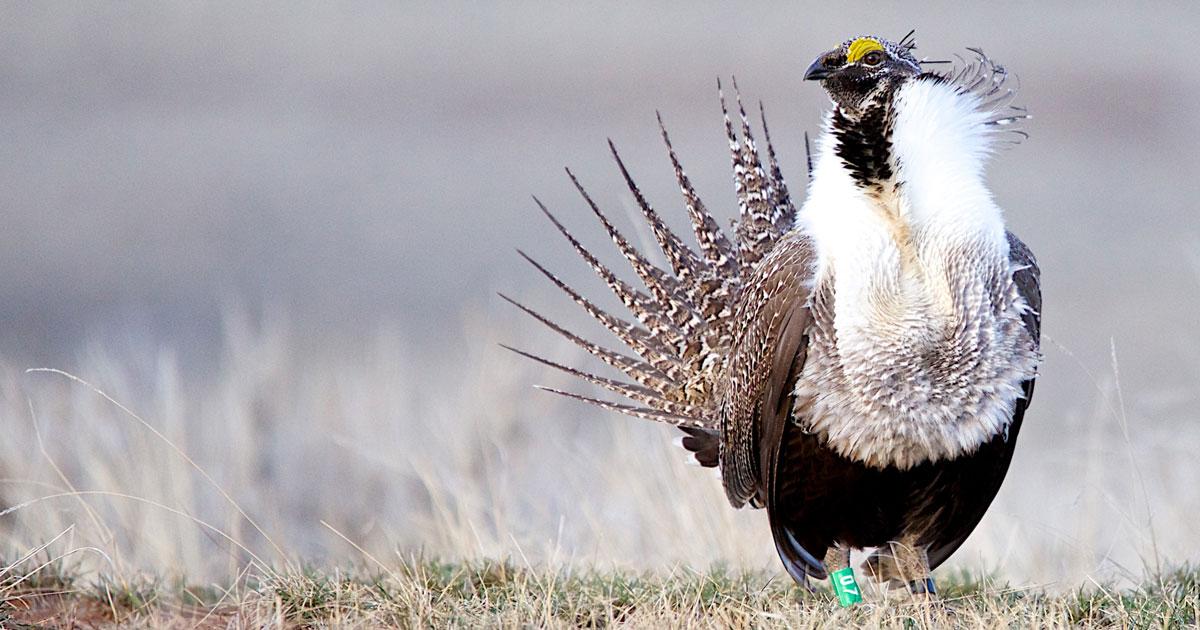
Attacking science-based laws that protect wildlife
Ignoring science sets Secretary Zinke free to ignore decades of practice and convention—and it puts the country’s treasured wildlife at risk, both today and for future generations.
In particular, the Fish and Wildlife Service, working jointly with the National Oceanic and Atmospheric Administration’s National Marine Fisheries Service, has proposed changes that would undercut the scientific basis of the Endangered Species Act. The proposed rule would undermine decades of science-driven practice and increase the likelihood of some species' extinction by suggesting that the economic impacts of listing a species should factor in the scientific assessments of the species’ viability.
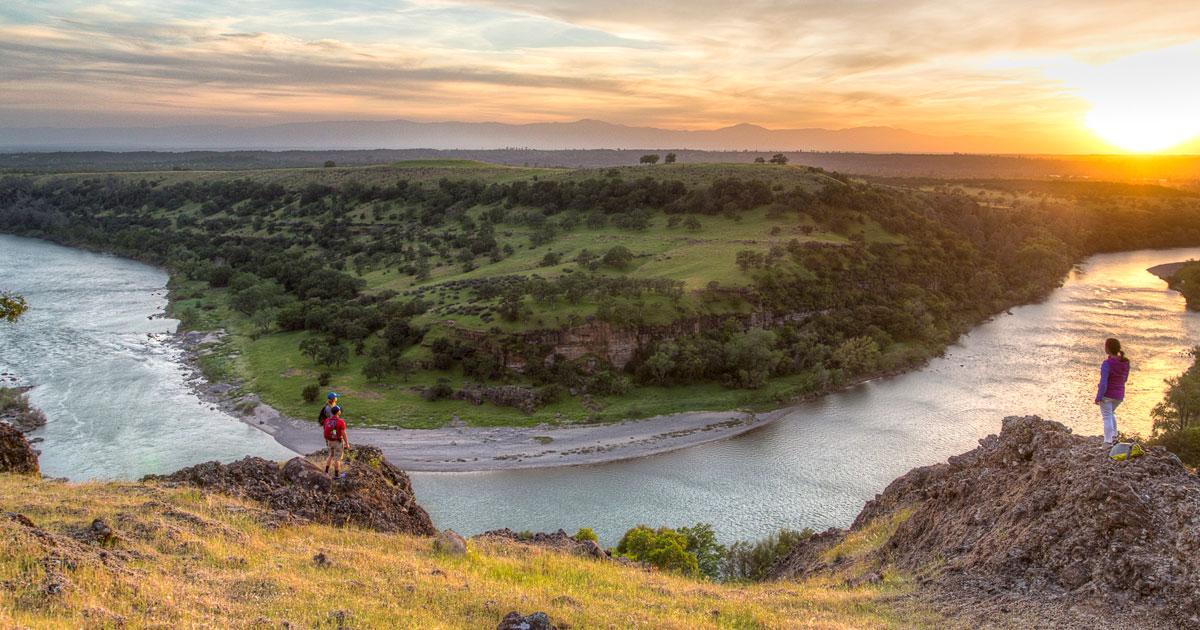
Recommendations
The damage from Secretary Zinke’s policies is mounting. They have caused harm to public lands, public health and safety, and the country’s wildlife and habitats. Left unchecked, the effects will take decades to repair, and yet the consequences of climate change are already upon us. We have no time to lose.
- Congress, particularly the House Committee on Natural Resources and the Senate Energy and Natural Resources Committee, should increase congressional oversight of the DOI and thoroughly investigate all alleged violations of scientific integrity and all reports of suppressed or censored scientific studies. Congress and others should also demand that the DOI's efforts to protect public lands and wildlife include and factor in climate change, both now and in the future.
- Scientists and science supporters should bring attention to DOI activities that sideline science and threaten public lands or health. Any scientist—indeed, anyone—can raise their voice and raise awareness when DOI activities threaten public lands or health. Call your representative, visit their local offices, or write a letter to your local newspaper’s editor. UCS has tips and resources to help guide your efforts: www.ucsusa.org/actiontips.
- Local stakeholders, partners of public lands, and the outdoor industry should engage with the DOI and participate in public comment periods and other DOI rule-making processes, especially ones that affect public lands in your region, state, and community. As regular users of public lands, local partners and stakeholders are uniquely positioned to see any changes occurring on the ground as a result of DOI actions. Share what you see with your community, other local stakeholders, and the media.
